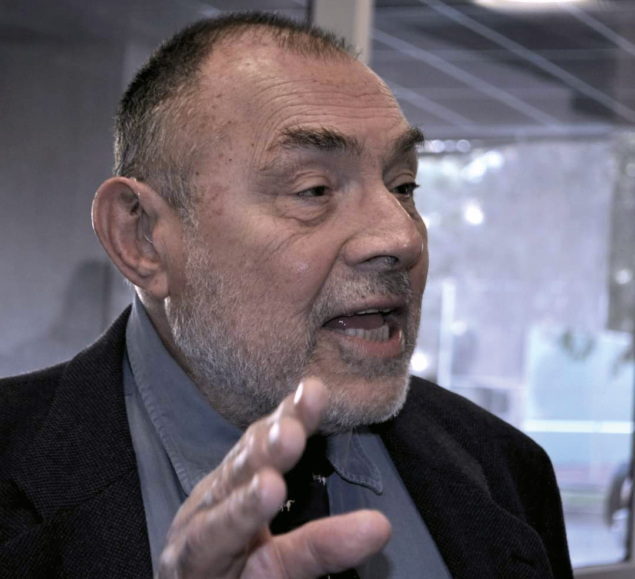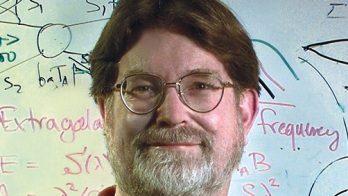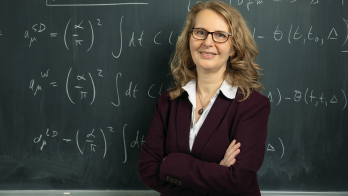
Theoretical physicist Stanley Deser, a co-inventor of supergravity, passed away in Pasadena, California, on 21 April.
Stanley was born to middle-class Jewish parents in Rovno, then in Poland. In 1935 the family emigrated first to Palestine and then to France. After the Second World War broke out they fled to the US via Portugal (they were one of the families saved by Aristides de Sousa Mendes), eventually settling in Brooklyn. Stanley graduated Summa Cum Laude from Brooklyn College in 1949, and received his PhD at Harvard in 1953 under the supervision of Julian Schwinger. After postdocs at the Institute for Advanced Study in Princeton, NJ (1953–1955) and the Niels Bohr Institute in Copenhagen (1955–1957), and a lectureship at Harvard University (1957–1958), he joined the faculty of the physics department at Brandeis in 1958, where he remained until he retired in 2005. After moving to Pasadena, he remained an emeritus professor at Brandeis, and continued to publish physics papers until this year (as well as his autobiography, Forks in the Road, in 2021).
Stanley was a towering figure in theoretical high-energy physics, classical gravity and quantum gravity. His work cuts through mathematical complexity with deep physical insight. His first signature work, the Arnowitt–Deser–Misner (ADM) formalism, gave a Hamiltonian initial-value formalism for general relativity. This work is the foundation of precise calculations in inflationary cosmology, needed to match cosmic microwave background observations; and in numerical relativity calculations needed to interpret the results of gravitational-wave experiments. He leaves behind a lifetime of work in theoretical physics that remains foundational, including co-inventing supergravity (contemporaneously with Ferrara, Freedman and van Nieuwenhuizen) and formulating the dynamics of the superstring with Zumino; showing that general theories with massive gravity are inconsistent; and developing topologically massive gauge theories and gravity with Jackiw and Templeton.
Stanley was an important member of the scientific community. As Rainer Weiss, who shared the 2017 Nobel Prize in Physics for the observation of gravitational waves, related, he played an important role in convincing the National Science Foundation to fund the LIGO gravitational-wave detector. He was a fellow of the National Academy of Sciences (NAS) and the American Academy of Arts and Sciences; a foreign member of the Royal Society and the Torino Academy of Sciences; he was awarded the Dannie Heineman Prize in Mathematical Physics and the Einstein Medal, along with the Guggenheim and Fulbright awards; and held honorary doctorates from Stockholm University and the Chalmers Institute of Technology.
Stanley will be remembered for his wisdom and ready wit; emails and talks in which every sentence had multiple meanings and were packed with allusions and jokes; his delight and skill in acquiring languages; a love of travel; and a deep appreciation for art and literature.
Stanley was preceded in death by his wife, the artist Elsbeth Deser (daughter of Oskar Klein), and his daughter Eva. He leaves behind three daughters – retired linguist Toni Deser; theatre director Abigail Deser; and atmospheric scientist (and fellow NAS member) Clara Deser – and four grandchildren, Ursula, Oscar, Louise and Simon.








